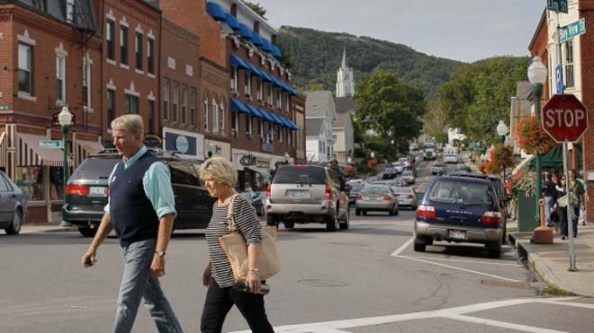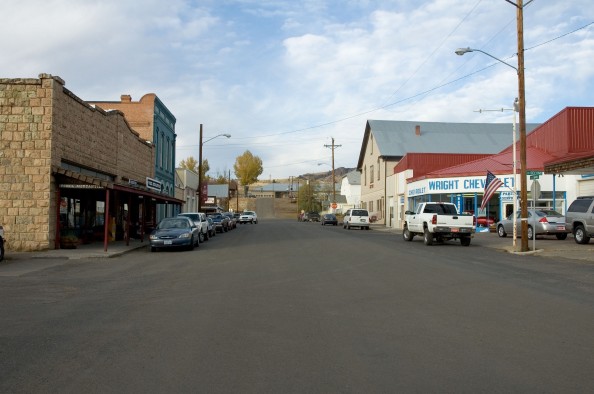I work for a civic technology startup in San Francisco, but I’m a small-town native who works daily with small to mid-sized communities. As such, when I read or hear about the latest “answer” to civic problems, created by a team of geniuses and piloted in one of the largest cities in the country, I’m a little wary.
While shining examples of city use of technology like San Francisco and New York City are well worth profiling and learning from, if their solutions don’t fit a town of 9,000 the problem has not yet been truly solved. Small communities need solutions too.
Presenting: Things I have overheard in Big Cities
- “We are going to have a hackathon to solve the problem.”
Hackathons are wonderful sources of inspiration and ideas. Often, promising projects can spin off into independent companies.
The hackathon itself is not a solution. Even if an app is created during a hackathon, to solve the intended problem it needs to be supported, advertised, used and upgraded over time.
This means for a hackathon to truly “solve the problem”, a city department with lights on and people home needs to take responsibility of the app and its use. They have to pony up budget for hosting, advertising, and train a staff member to maintain the code themselves. In smaller communities, this is dead on arrival.
- “Open source is the wave of the future, anyone can use this thing I’m building.”
As an individual, I fully support open source ideology. I find it often leads to better, more creative products.
As the CEO of a company that works with smaller communities, this is an endless source of frustration. Open source projects sponsored by large cities or international NGOs are phenomenal, as long as the small community that would benefit from its use has enough technical capacity to create a custom instance, advertise, maintain and upgrade the app.
In most communities I know, the ‘technical team’ is one person who is responsible for software upgrades and system bugs rather than vetting and babysitting open source projects. The town webpages are hardcoded HTML with links to PDFs. Opening up data means opening up file cabinets.
For open source solutions to be workable, small communities need to be brought up to speed in all areas. They need cloud hosting, and better data policies and IT department trainings. They need help moving away from expensive, barely functional old enterprise technologies to save money. THEN they may be ready to create instances of open source projects.
- “We are subcontracting a custom alerts system for garbage pickup.”
Well this sounds fantastic. But most towns I work with don’t have a Chief Technologist, a Chief Innovation Officer, a Chief Data Officer, or millions of dollars earmarked for innovative use. They have Earl the Webmaster and approximately $50,000 per year earmarked for the entire community’s emergency management. Buying a custom solution is a nonstarter.
In the gap there are companies like mine. We make software, of course, but we also provide service. We help small communities navigate launches, user acquisition, the nightmare of procurement and advertising. We handle hosting, maintenance, improvement and continually add new features that solve new problems for the town. We’re a lower cost solution than a full IT department, and we help move these communities toward better practices.
Small towns themselves are not silent prisoners of old technology – many of the most innovative communities I’ve worked with have fewer than 20,000 people. These communities are the BEST positioned to try technology, fail, pivot and settle upon working solutions because of their size and the familiarity of their residents. It is our job to make making these steps forward painless.
Don’t forget small communities. They have problems too.
By Caitria O’Neill. Thoughts on this article? Examples of small towns leveraging tech? Let us know in the comments below!



